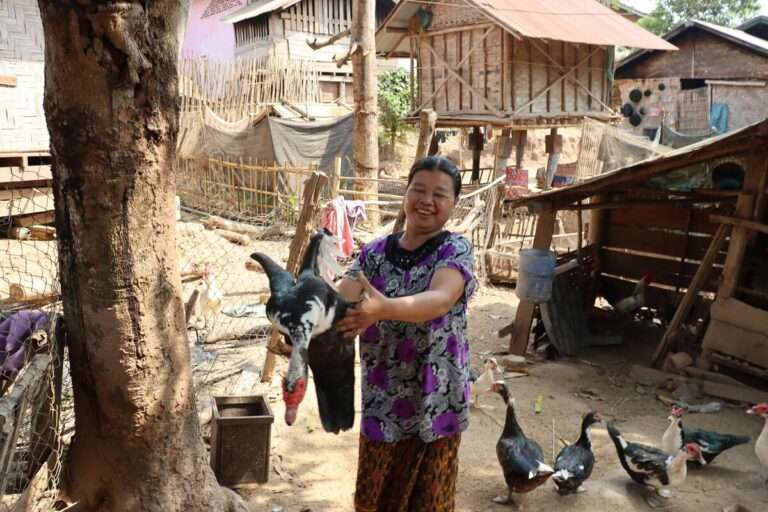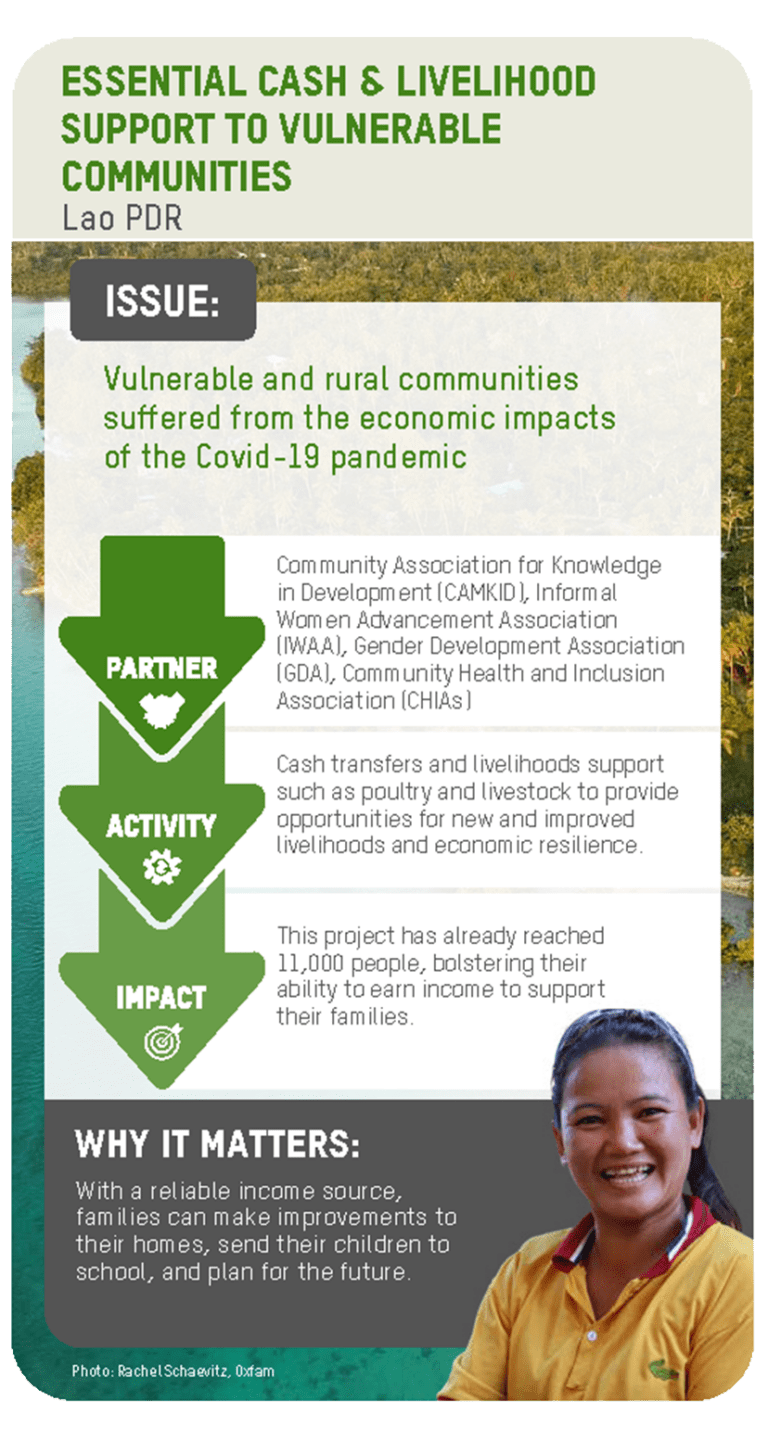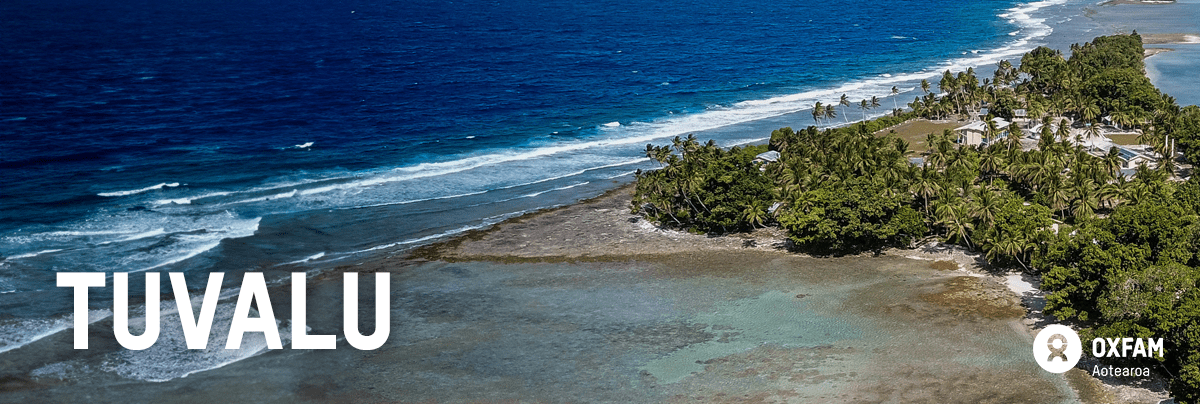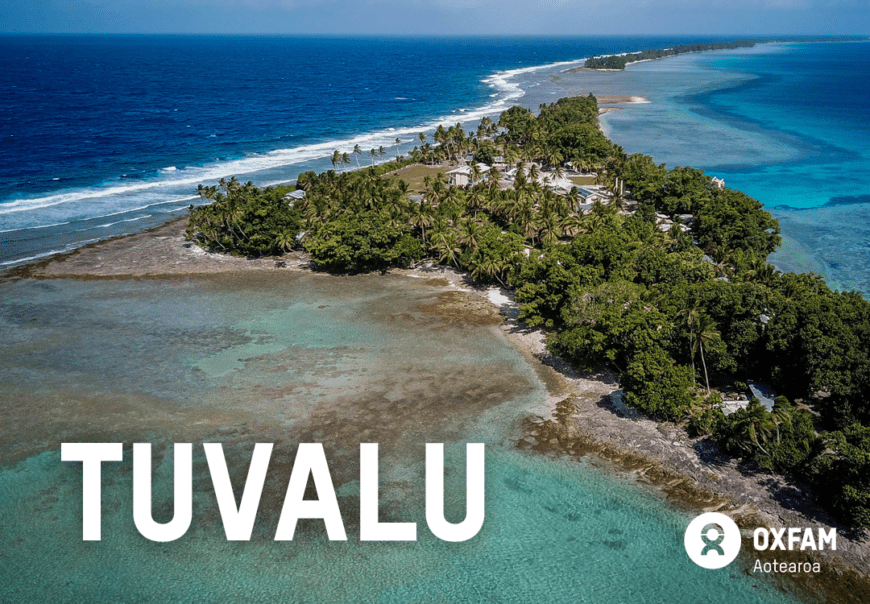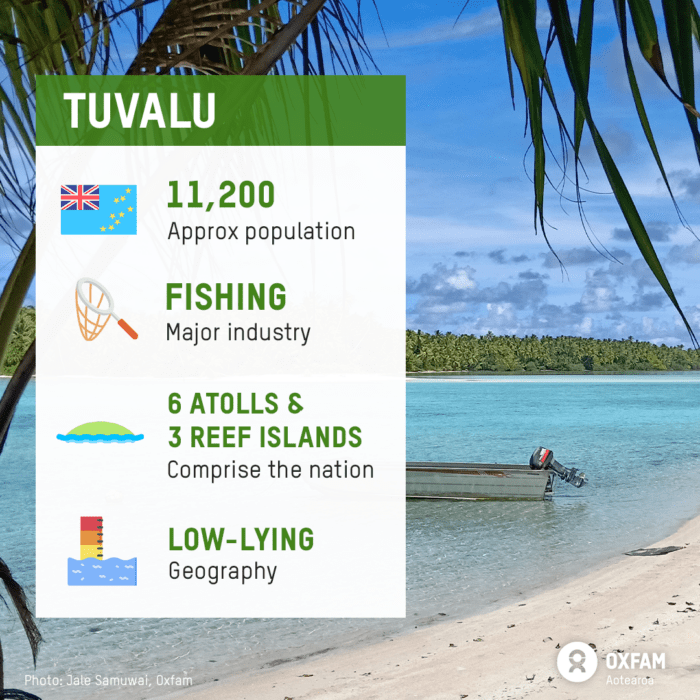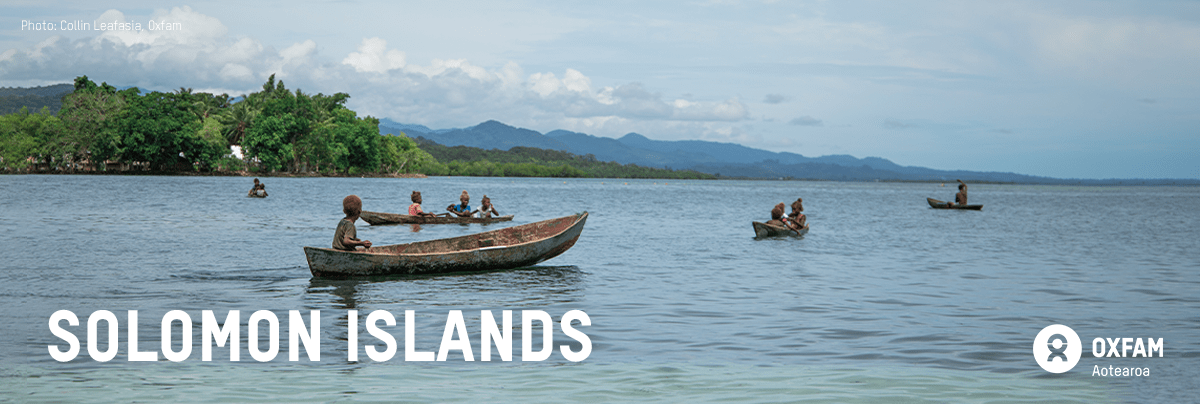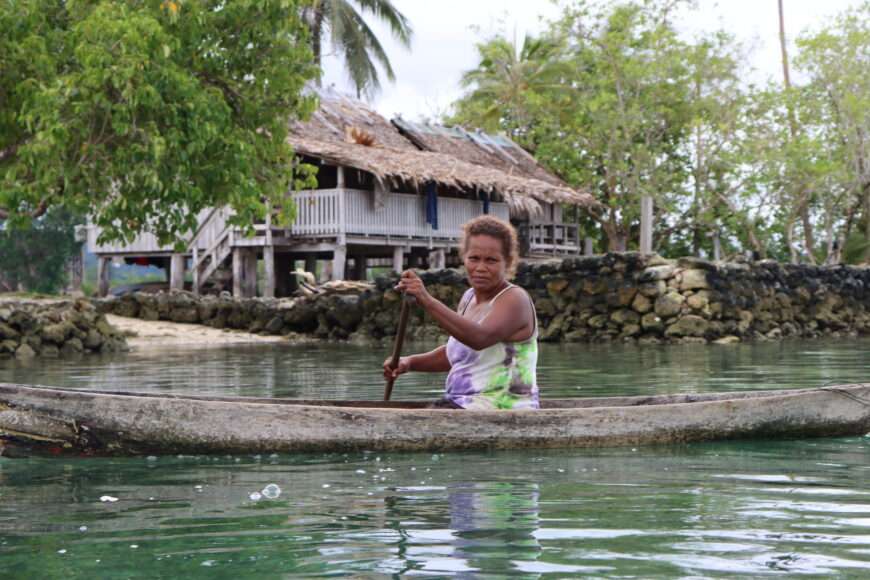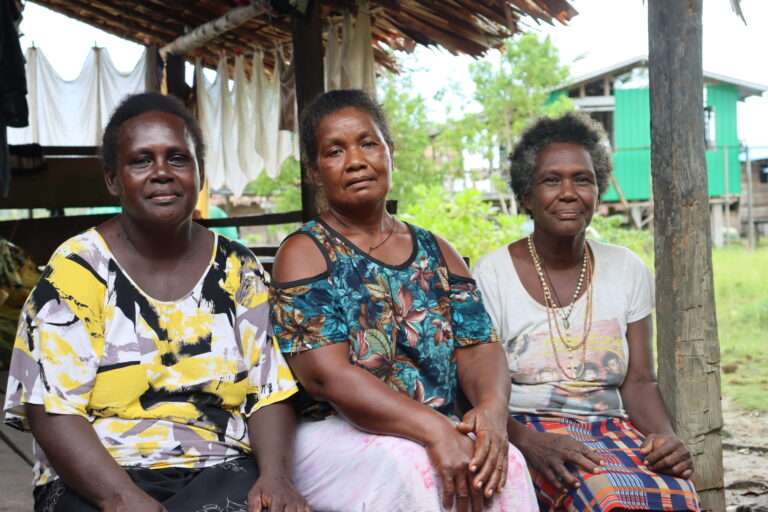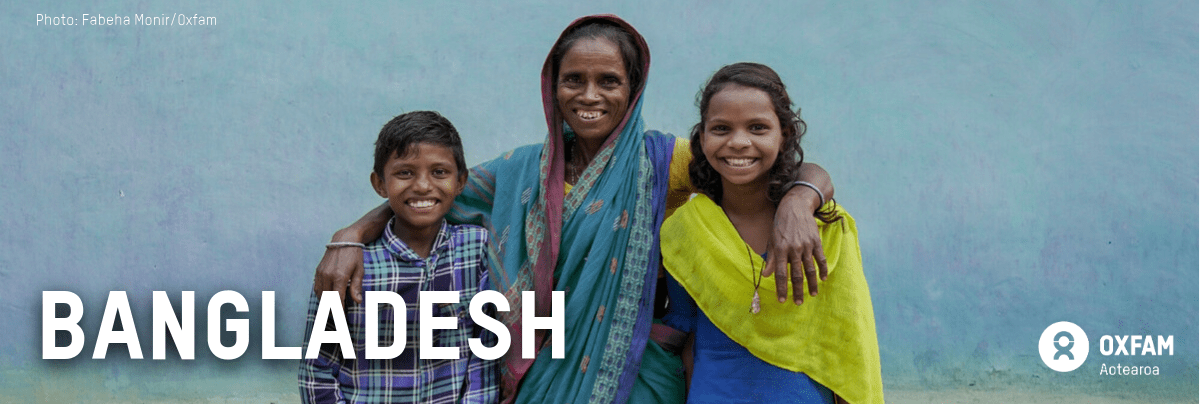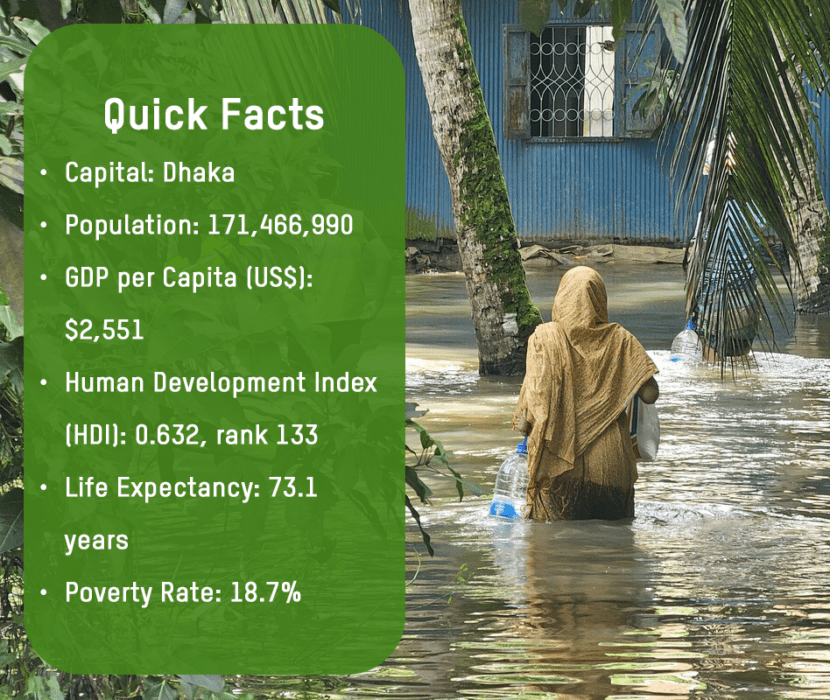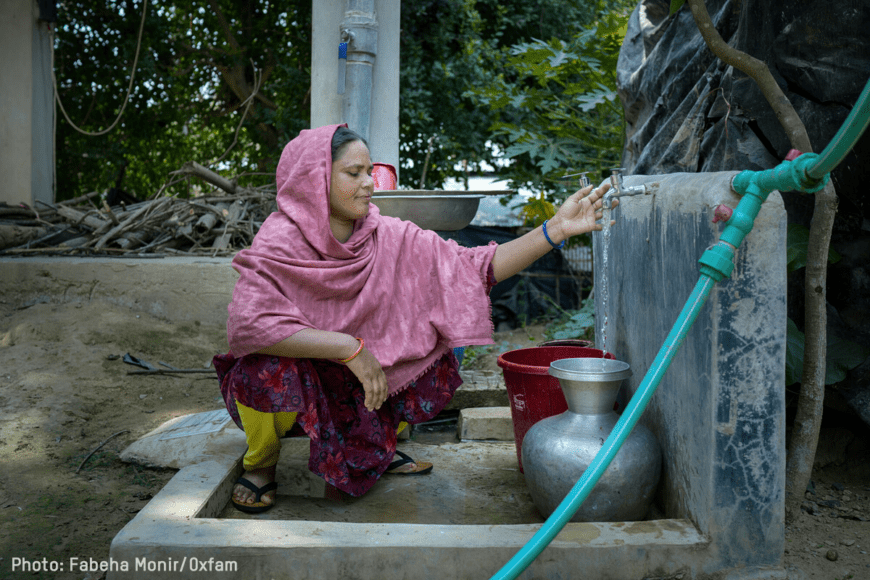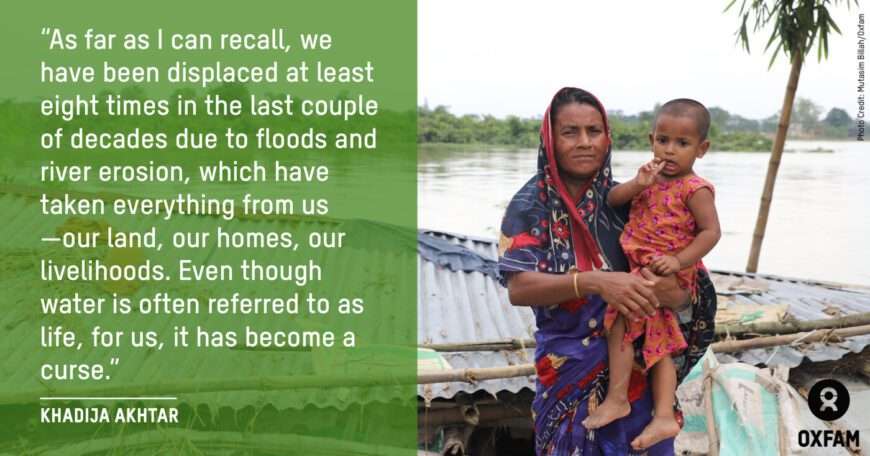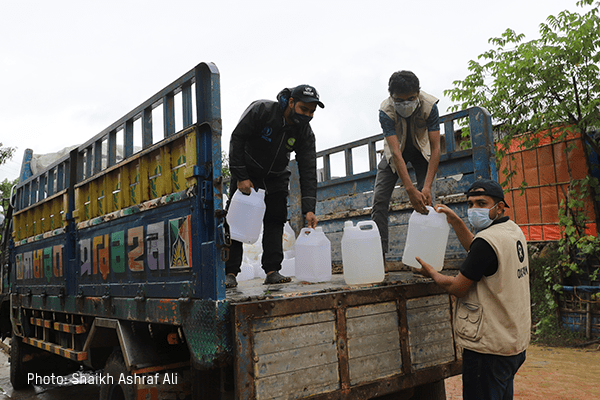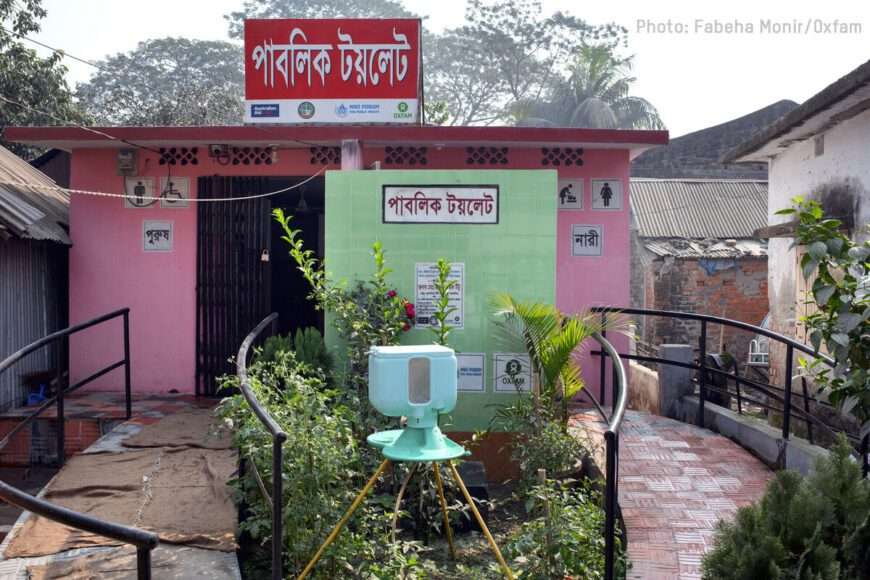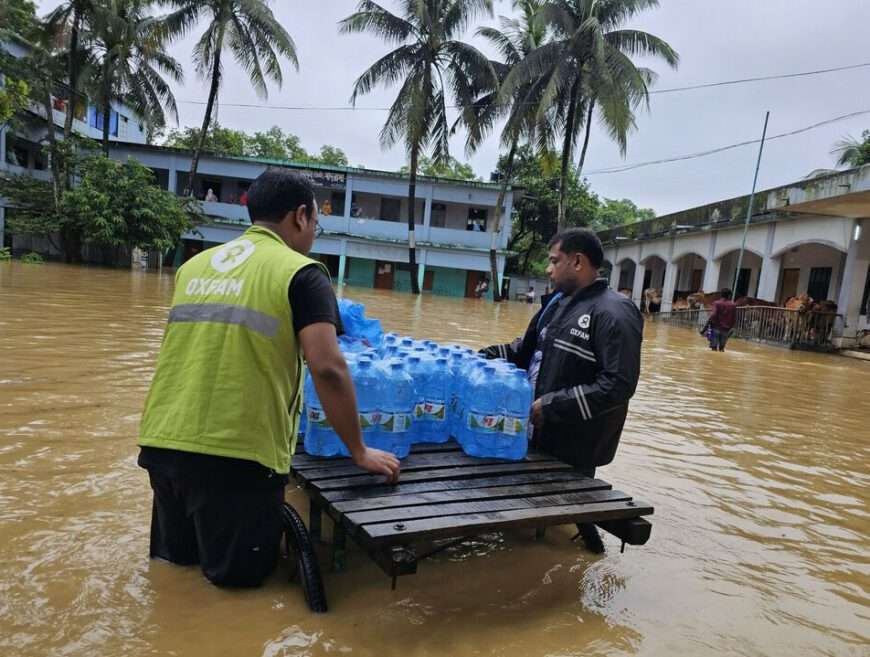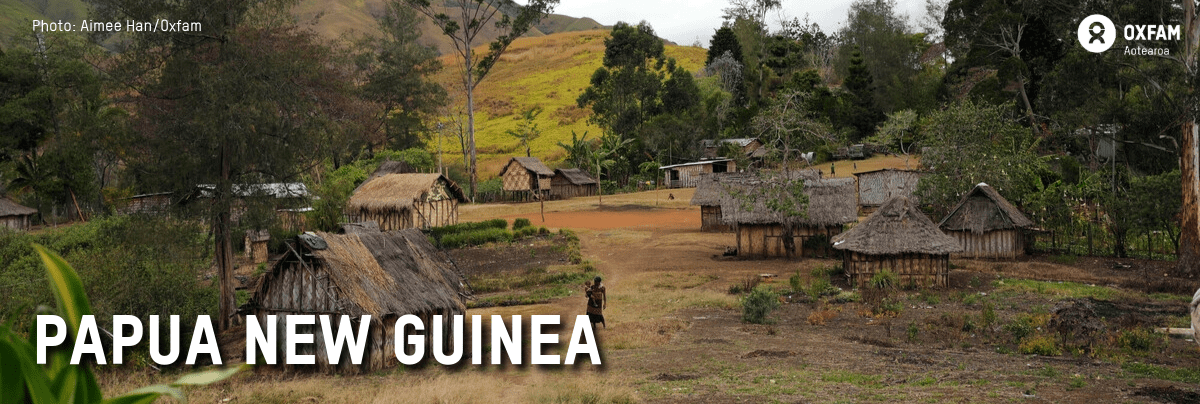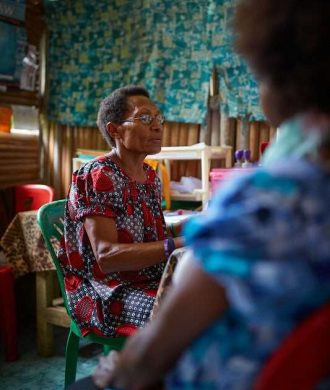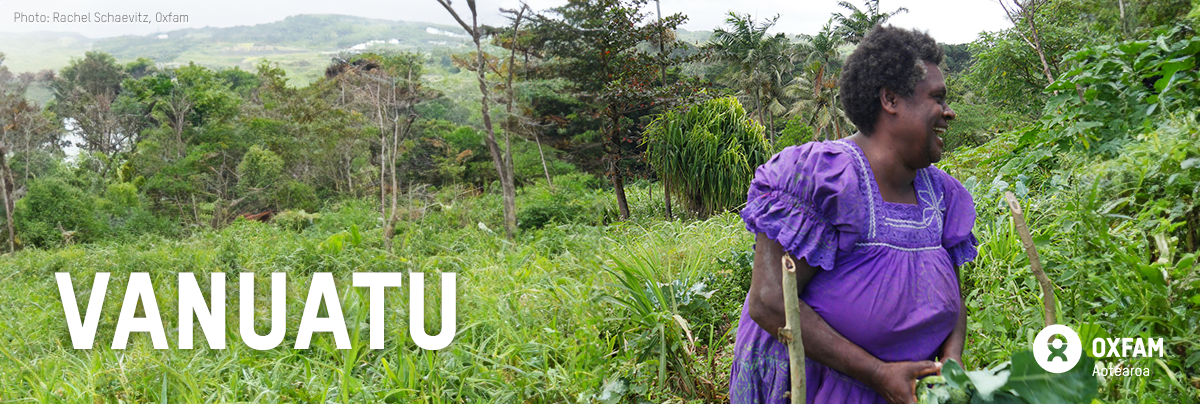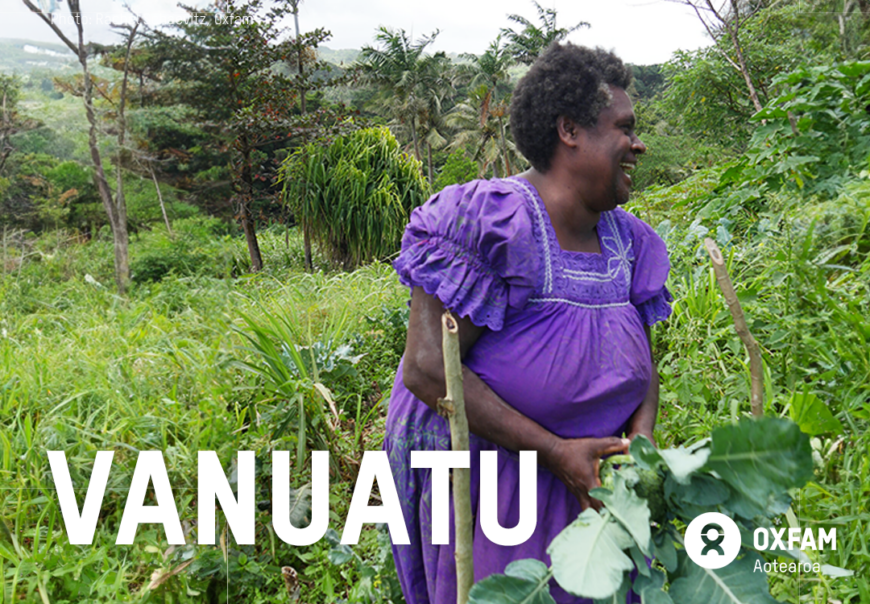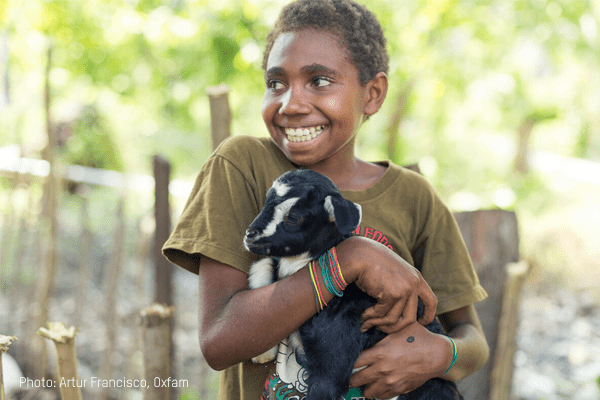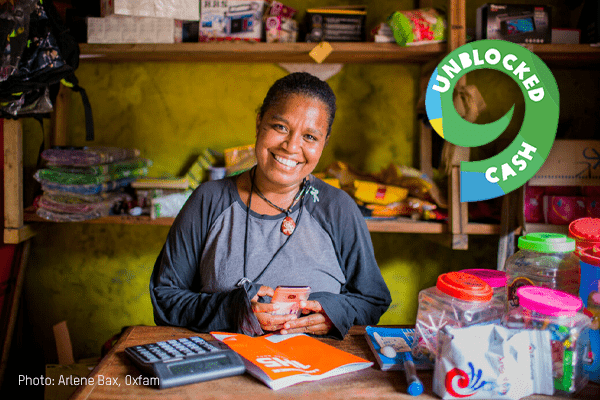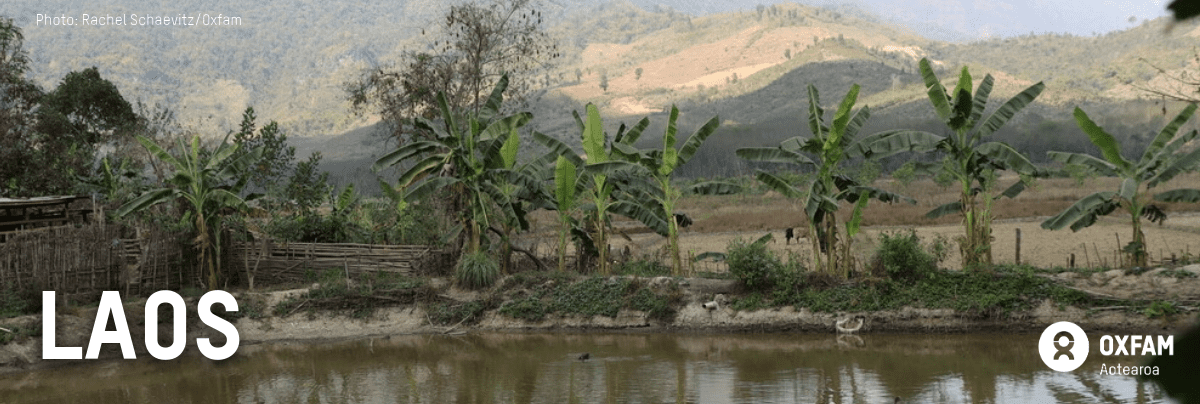
Country Profile
Oxfam Aotearoa supported a programme in Lao PDR from 16 June 2022 – 31 October 2023 that focused on vulnerable communities, especially women, affected by the COVID-19 pandemic in Vientiane Capital, Vientiane, Oudomxay, Xayaburi and Bokeo Provinces ensuring they were able to cope with the worst economic impacts of the pandemic and enhance their livelihoods resilience. Support included cash transfers and livelihoods support such as poultry and livestock. The extended and expanded programme, supported with $2 million from New Zealand’s Ministry of Foreign Affairs and Trade, will include a component delivering cash transfers for inclusive and participatory community projects. that will provide small-scale business capacity building and strengthening livelihoods support, especially to vulnerable communities.
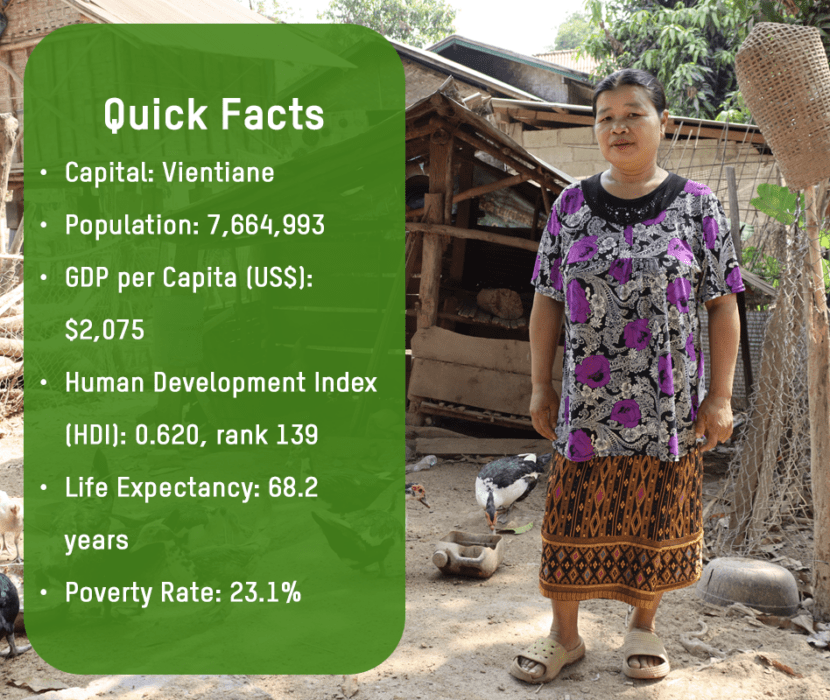
KEY PROJECTS
Essential Cash and Livelihoods Project
This support programme provides crucial assistance to communities facing severe economic challenges exacerbated by various factors, including impacts from the COVID-19 pandemic and climate-related disasters.
By supporting Oxfam you will:
- Support local efforts to improve land rights in Timor-Leste to ensure more women own and control the land they farm
- Contribute to local legal aid for women seeking to navigate land registration processes
- Help educate farmers about their rights and how to protect them
- Improve women’s access to climate finance
- Ensure that there is greater transparency around how climate finance is used, especially in how it addresses the needs of women





